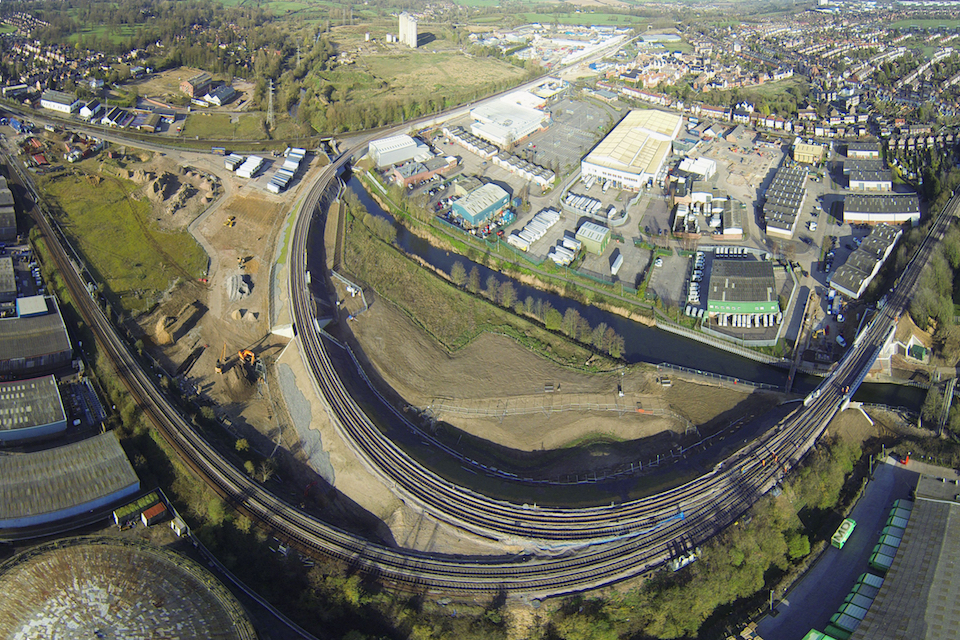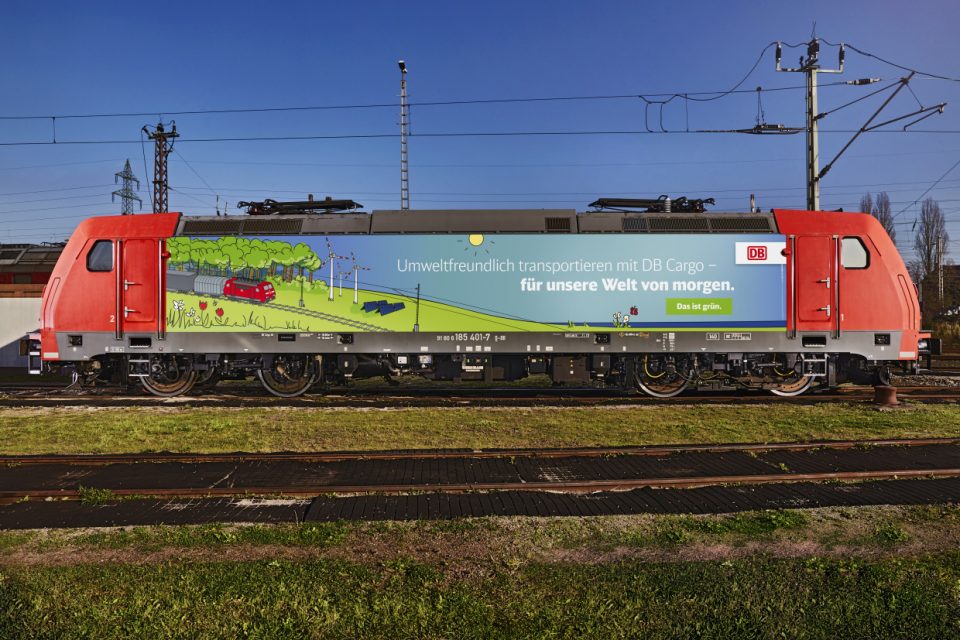
UK policy call: Support the supply chain and cut emissions
The UK rail freight industry will be a critical part of the supply chain. That is the finding of the Rail Freight Group’s Phil Smart, newly appointed to the RFG policy team and representing the industry at large in the UK. He says the UK economic recovery depends more than ever on a vibrant rail freight sector, ready and willing to support the industry at large.
Bringing government experience to the Rail Freight Group, career local authority officer Phil Smart has identified the major issues facing the UK industry and the rail freight sector. In his opening policy statement, Smart has urged businesses in the UK to act together in cutting emissions. He also says the immediate priority for rail is to support the supply chain in a nationwide bid to recover from the pandemic.
Rail freight and local authorities
In his time with Essex County Council, Phil Smart dealt with education issues but was also based within the heart of Britain’s developing international rail freight trade routes. Within the county, the terminal at Barking was the destination of the first Silk Road train to arrive in the UK, from Yiwu in China, just over five years ago. While economic recovery is the immediate target, Smart has made his longer-term policy objective to champion environmental issues, exemplified by the opportunities presented by the New Silk Road. “With the growing emphasis on decarbonisation, there will be an increasing role for rail to support the UK supply chains and a greater need for local and national policies to support this objective”, he said.

Smart’s most recent appointment before moving into the rail freight sector also prepared him for the role. He serves on Ipswich Borough Council, where he has accumulated a wealth of environment and transport policy experience. With the UK’s busiest container port – Felixstowe – just down the tracks and the capacity developments in and around the city, his understanding of the demands for rail freight are well documented. He has previously put that expertise to good use as the author of several policy papers for the UK campaign group Railfuture.
Cut CO2 emissions by 2035
The challenging targets for decarbonisation will impact the rail freight sector. Only this week, the UK government further tightened targets for the industry at large, putting the UK on what some commentators have called a “climate war footing”. European competitors will not be far behind. Smart responded by saying he relished the task. “I am delighted to be joining the RFG team at an exciting and challenging time for the sector”, he said. “The recent announcement by the UK government to target a cut of 80 per cent in CO2 emissions by 2035, cannot ignore the largest polluter, transport. Switching freight from road to rail achieves a 75 per cent cut in emissions per tonne mile which further improves the more we electrify the network and clean the generation mix. I look forward to taking this message to decision-makers at every level of government to encourage the necessary investment for the future.”

Smart will work closely with RFG Director-General Maggie Simpson and play a key role in RFG’s engagement with regional and national governments. He will also help support the group’s members in disseminating complex transport strategy amid a changing and dynamic sector that is increasingly focused on decarbonisation. “I know Phil will add a huge level of experience”, she said. “Rail freight is increasingly attractive to the supply chain sector and it is growing in its importance to the environmental lobby. If the government is going to meet its green targets rail freight will need to be at the top of the transport agenda. Our policy work will be key in ensuring decision-makers make the right decisions and support the growth of rail freight.”
Do you want to read the full article?
Thank you for visiting RailFreight.com. Become a member of RailFreight Premium and get full access to all our premium content.
Are you already a member?
Having problems logging in? Call +31(0)10 280 1000 or send an email to customerdesk@promedia.nl.




